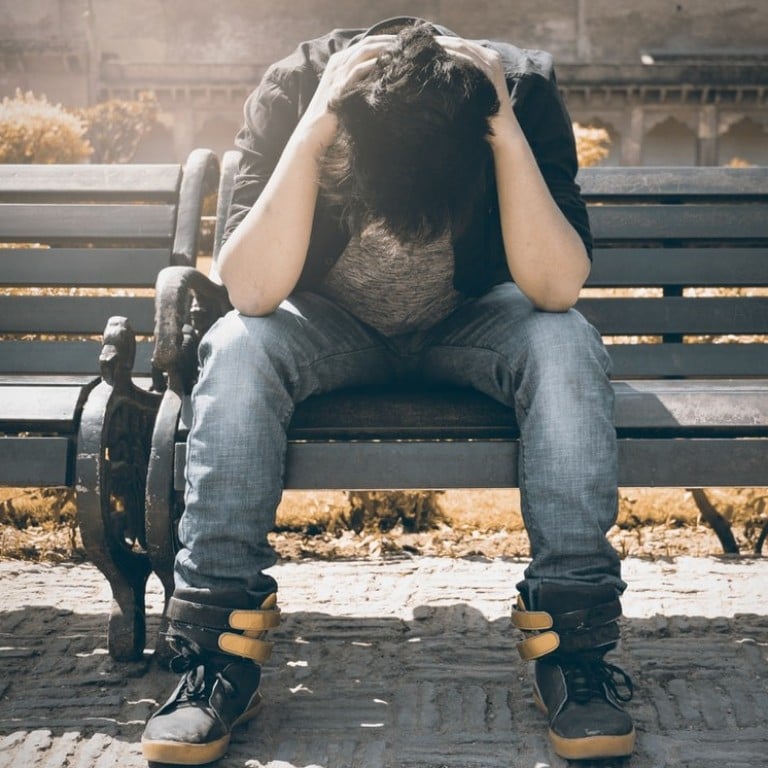Eco-anxiety: Why millennials are stressed about climate change – and how hope can prevail

Anyone suffering a state of heightened anxiousness about environmental destruction may experience fear, anger, feelings of powerlessness, exhaustion – but there are reasons for optimism
In 2017, you might remember seeing the harrowing image of an emaciated polar bear in the Canadian Arctic Archipelago published by National Geographic. It was taken by wildlife photographer, Paul Nicklen and it was tragic, disturbing and controversial. When I saw that image, it haunted me for months. It highlighted a painful truth unfolding before my eyes and left me rattled. If this catastrophe was happening now, what else could happen in the near future? My thoughts went into a downward spiral as I pondered massive famine, drought, and scary world-suffering scenarios. I felt too overwhelmed with grief to do anything about it.
I was green with worry and I’m not alone. Eco-anxiety, as it’s called, is affecting a growing number of people and will probably continue to garner attention as the public becomes more aware of the impact we are having on our environment. Below, we break down what eco-anxiety is and how to deal with it.
What is eco-anxiety?

Eco-anxiety as a term first appeared in the media more than 10 years ago when eco-conscious scientists and analysts worried about their research findings, and concerned people felt guilty after watching news coverage. Categorised as a state of heightened anxiousness, people who suffer from eco-anxiety have a specific sort of worry: a singular focus on environmental destruction. While it is not yet an official point of reference in the American Psychiatric Association’s Diagnostic and Statistical Manual of Mental Disorders (otherwise known as the DSM-5), the American Psychological Association (APA) did produce a lengthy report, entitled Mental Health and Our Changing Climate, in 2017 that highlighted how the impacts of climate change can have on the human psyche. Co-authored by environmental organisations, Climate for Health and ecoAmerica, the review spoke of “gradual, long-term changes in climate can also surface a number of different emotions, including fear, anger, feelings of powerlessness, or exhaustion”.
How does eco-anxiety affect you?
Brought on by devastating effects of climate change such as floods, wildfires and heatwaves, the condition leaves eco-anxious individuals to stress out, lose sleep, lose their appetite and even have panic attacks. According to the APA’s review, the implications of eco-anxiety can “induce stress, depression and anxiety; strain social and community relationships; and have been linked to increases in aggression, violence and crime”. Perpetual fear caused by environmental anxiety can even lead to long term physical health decline and even disease.
Who does eco-anxiety affect?

Baby Boomers and Gen X may recall a time before climate change dominated the newsfeed, but when an entire generation has grown up witnessing our shrinking biodiversity, global warming warnings, and plastic waste destroying our oceans and marine life, it leaves the youth feeling powerless and uncertain about how to deal with the state of the planet. This could explain why eco-anxiety is high among millennials. They are aware of the links between human rights and the environment. A healthy environment is the foundation on which to enjoy the rights to life, health, food and water. The APA report cited one particularly extreme case where a teenager in Australia saw the effects of drought where he lived and, to avoid contributing to it, he refused to drink water. “That’s the kind of poster child, if you will, for extreme eco-anxiety,’ said Dr Robert Gifford, professor of psychology and environmental studies at the University of Victoria, Australia.